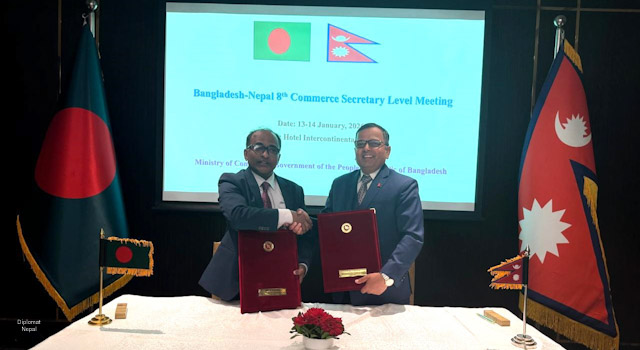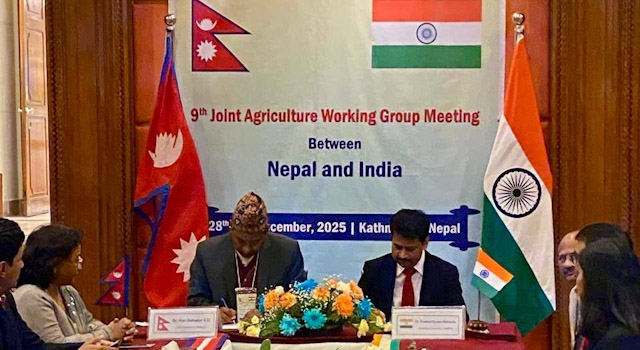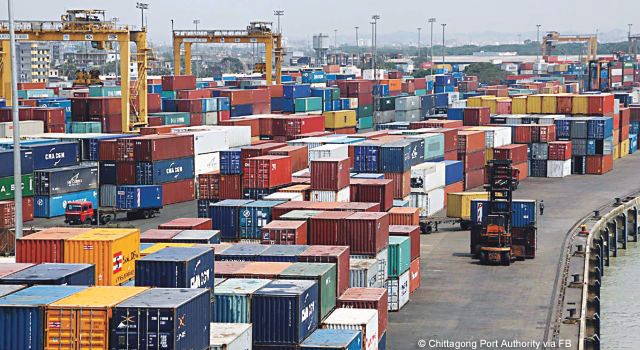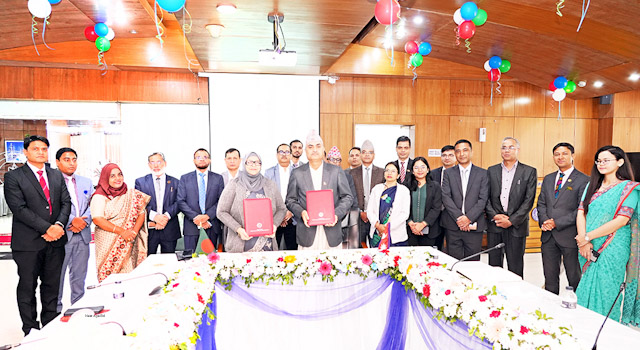
Bangladesh Drafts Rules on the Faster Release and Disposal of Perishable Goods
11 May 2021
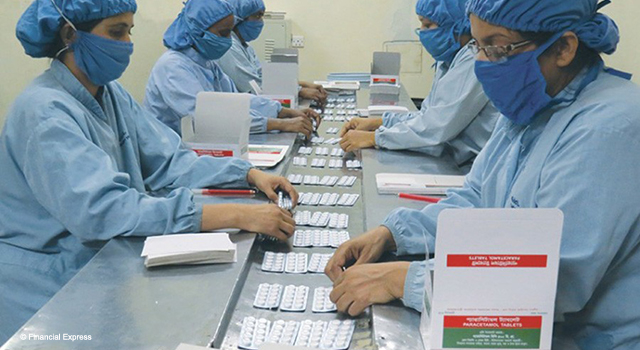
The National Board of Revenue (NBR) of the Government of Bangladesh has finalized the draft rules on the faster release and disposal of perishable goods aimed at keeping the quality and standards of perishable goods. The rules specify provisions to release goods within 48 hours of the submission of bill of entry of imported goods. The provisions are also applicable to exports. The rules are in line with the World Trade Organization’s Trade Facilitation Agreement, which Bangladesh is a signatory to.
The proposed rules were drafted by the NBR’s Customs Wing under the “Perishable Goods Speedy Disposal Rules-2021.” It was prepared through a series of discussions with field-level customs officials. The news report by New Age identifies the following inclusions in the draft rules:
- It identifies 63 types of goods as perishable goods, including food and food grain, sugar, milk and milk products, frozen and processed meat, eggs, fruits, live animals, edible oil, chocolate, frozen and dried fish, fertilizer, raw hide, onion, garlic, chili and foods, cosmetics, medicine and its raw materials with six-month validities, and other goods with risks of faster quality decline.
- The rules indicate that every customs house, customs, VAT excise and VAT Commissionerate and customs station should constitute a specific desk or nominate a group of officials to expedite inspection, customs valuation, and release of perishable goods.
- It specifies that customs offices must complete inspection, valuation and release of perishable goods within 48 hours after the submission of the bill of entry if taxes and duties are cleared and there are no other directions or special information from customs commissioner or any other agencies about the consignments.
- It also specifies that importers and exporters or their agents will be able to submit the bill of entry and bill of export on the customs’ computer system. Importers and exporters will pay the duties and taxes applicable to the goods through the electronic payment method determined by the revenue board and/or through the banking channel until the electronic payment system is fully implemented.
- It also indicates guidelines for the disposal of perishable goods that are imported or placed for export through false declaration, violating import policies, or not complying with certification conditions of other government agencies.
According to the report, Bangladesh's Customs officials gathered feedback on the draft rules from various stakeholders, including the Federation of Bangladesh Chambers of Commerce and Industry, Metropolitan Chamber of Commerce and Industry, Bangladesh Customs Clearing and Forwarding Agents Association, and port authorities across the country. A virtual meeting with stakeholders was also held on 11 April. NBR is set to soon issue the rules, said the report.
Related:
NBR finalises draft rules on faster release of perishable goods





